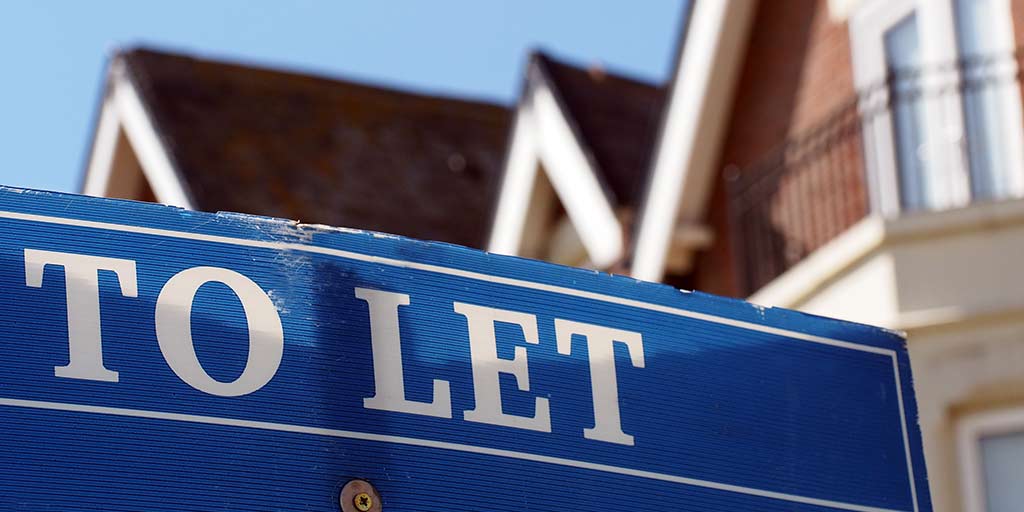This information should not be interpreted as financial, tax or legal advice. Mortgage and loan rates are subject to change.

Category: renters reform bill
Parliament was prorogued on Friday 24th May, and then dissolved on Thursday 30th May, at which point all Bills without Royal Assent, including the Renters Reform Bill (RRB), alongside any other unfinished parliamentary business falls.
With a general election planned and parliament dissolved, bills cannot be carried over. This prevents one parliament binding a successor to a bill of their making.
It became clear that the RRB would be impacted in this way when Penny Mordaunt, the Leader of the Commons, did not name the bill as one of those that would be rushed through ahead of the dissolution of parliament in what is referred to as the ‘wash-up’ period.
What happens to bills that are not carried over?
Any bill that is not carried over must either be abandoned or reintroduced from scratch. This means that a new RRB will have to be reintroduced at the next parliamentary session (assuming the winning party chooses to pick it back up).
At this point it could be back in the hands of the Conservatives, or, will fall to Labour or (less likely) another party, depending on who wins the general election.
Reaction to the news
A source from the Labour party, speaking to the BBC, indicated that the party was keen for the RRB to pass in the wash-up period, because whilst there were differing views amongst the party on some aspects of the bill, Labour would have preferred not to have to restart the process themselves, should they win the election.
As a Labour government is a strong possibility, landlords will be keen to see their manifesto to understand how they will approach a new bill, should they assume power on 4th July.
The Labour manifesto will be published week commencing 3rd June. In recent times the party has developed key relationships with pro-tenant lobby groups, and as a recent lender survey has shown, landlords have expressed concerns about a Labour government.
On 16th May, Keir Starmer shared the first six steps a Labour government would put in place, none of which mentioned housing:
- Deliver economic stability with tough spending rules, so we can grow our economy and keep taxes, inflation and mortgages as low as possible.
- Cut NHS waiting times with 40,000 more evening and weekend appointments each week, paid for by cracking down on tax avoidance and non-doms.
- Launch a new Border Security Command with hundreds of new specialist investigators and counter-terror powers to smash criminal gangs and strengthen our borders.
- Set up Great British Energy, a publicly-owned clean power company, to cut bills for good and boost energy security, paid for by a windfall tax on oil and gas giants.
- Crack down on antisocial behaviour, with more neighbourhood police paid for by ending wasteful contracts, tough new penalties for offenders, and a new network of youth hubs.
- Recruit 6,500 new teachers in key subjects to set children up for life, work and the future, paid for by ending tax breaks for private schools.
Back in 2022, Labour did unveil a Charter for Renters, which contained the following pledges that the party will:
- End Section 21 evictions.
- Reduce eviction powers for landlords whose tenants are in arrears.
- Introduce four month notice periods.
- Examine scheme for ‘portable’ deposits making it easier and cheaper for tenants to switch properties.
- Allow tenants to have pets.
- Permit renters to make ”reasonable alterations to a property”.
- Create a national register of landlords.
- Initiate a legally-binding decent homes standard in the private rental sector.
Speaking for the party, shadow housing minister, Matthew Pennycook, said:
The Tories’ decision to cave in to vested interests and abandon the Renters Reform Bill leaves in tatters the promises they made to private tenants five years ago. Labour will pass renters reform legislation that levels decisively the playing field between landlords and tenants.
Commercial Trust will be following messages coming from Labour on the private rental sector and will share our findings as they arise.


